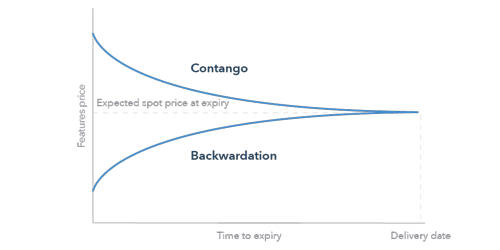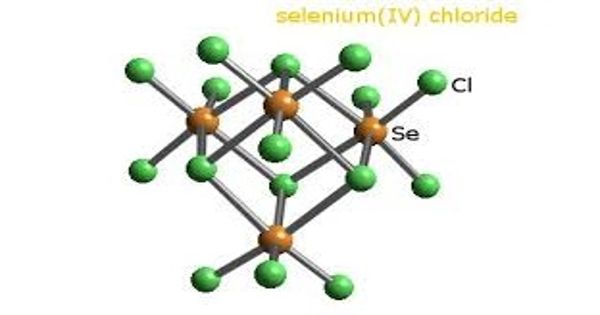The body requires nutrients to function properly. They look after our brain, skin, bones, muscles, nerves, and so on. Some nutrients are required in greater quantities and are referred to as macronutrients, while others are required in smaller quantities and are referred to as micronutrients. Micronutrients are nutrients that the body requires in smaller amounts but are still necessary for bodily functions. All of the essential minerals and vitamins are included in micronutrients. There are sixteen minerals and thirteen vitamins that are required.
Micronutrients are nutrients that are required by the human body in small amounts but are essential for good health and proper bodily function. These include vitamins, minerals, and trace elements.
Vitamins are organic compounds that the body needs to support its metabolic processes, maintain healthy skin and tissues, and prevent various diseases. They are classified into two categories: water-soluble vitamins (such as vitamin C and B vitamins) and fat-soluble vitamins (such as vitamin A, D, E, and K).
Minerals are inorganic substances that the body needs for a variety of functions, including the formation of bones and teeth, muscle and nerve function, and maintaining fluid balance in the body. Examples of minerals include calcium, iron, magnesium, potassium, and zinc.

Trace elements are minerals that are required by the body in very small amounts. Examples include iodine, selenium, and copper. Consuming a balanced diet that includes a variety of whole foods is the best way to ensure adequate intake of micronutrients. However, some people may need to take dietary supplements to address any deficiencies.
Micronutrient Types – Micronutrients, or vitamins and minerals, are classified as follows:
- Vitamins that are soluble in water
The majority of vitamins can be dissolved in water. When consumed in large quantities, they are difficult to store in the body and are flushed out in urine. They play an important role in energy production. Because they are not stored in the body, it is critical to consume enough of them from various food sources.
- Vitamins that are fat-soluble
These vitamins are not soluble in water. These are stored for future use in the liver and fatty tissues. Fat-soluble vitamins include vitamins A, D, E, and K. They play an important role in immune system function, bone development, vision, and cell protection from damage.
Micronutrients, unlike carbohydrates, lipids, and proteins, do not provide energy (calories), but they do aid in the process as cofactors or components of enzymes (i.e., coenzymes). Enzymes are proteins that catalyze chemical reactions in the body and are involved in all aspects of body functions, from energy production to nutrient digestion to macromolecule formation. Micronutrients play numerous important roles in the body.
















